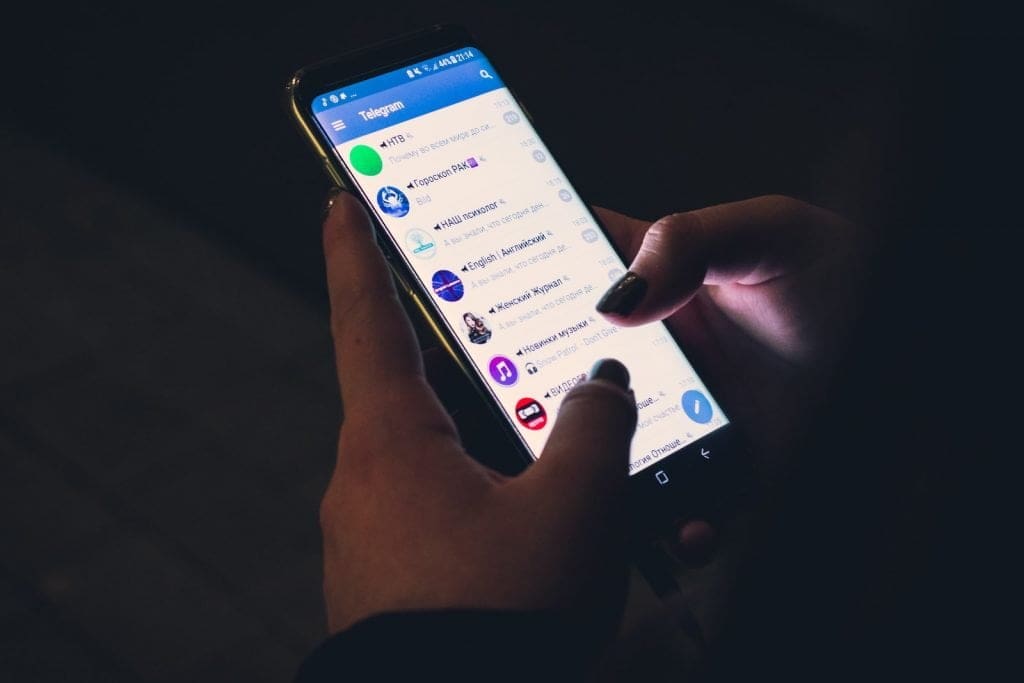Business messaging apps save time and make it convenient to stay in touch and track conversations for details on projects. You likely already use some messaging software to keep on top of essential touchpoints and ensure everyone is on the same page. Unfortunately, hackers breached a couple of these apps, creating concerns for business owners about the security of conversations via digital messaging.
Table of Contents
ToggleJust how can you ensure your company uses a secure business messaging app?
Most Secure Business Messaging Apps
Messaging software is often known for its lax security policies. A WhatsApp breach, for example, impacted 1.5 billion users by making their personal information vulnerable. Facebook is known for the problems with scammers using Messenger.
Fortunately, some apps have an excellent reputation for being proactive against hackers. Some things to look for include end-to-end encryption, two-factor authentication to log in, and open-source software that multiple parties monitor and make secure.
While nothing digital is 100% foolproof, you’ll have less of a chance of getting hacked if you choose one of these platforms for your business IT messaging needs. Talk about select data without fear of someone tapping into the conversation and hacking the system.
1. Signal
Signal promotes itself as the “speak freely” app and has been endorsed by Edward Snowden as one of the most secure options for messaging. The app developers can’t read your messages or listen in, and it works to keep others from doing so.
The platform works well for teams because they offer a group chat feature. The encryption ensures only those you approve can see your SMS messages. It works with both iOS and Android and is free to use.
2. Viber
Now owned by Rakuten, Viber has around 1 billion active monthly users. You’ll gain encryption on all devices and color-coded chats so you can see how secure the conversation is.
One thing to love about Viber is the self-destruct feature. You can have a highly confidential conversation and not worry about traces of it left on your machine. Unfortunately, their group chats are a bit more open to hacking, so you’ll want to stick with one-on-one chats for this one.
3. Cliq
If you don’t mind paying a little for a messaging solution, Zoho’s Cliq is an excellent option. You can even configure which IPs have access to the conversation and block others. Open the chat only to specific people and machines in your company.
Something a bit unique about this platform is the ability to use artificial intelligence and build a chatbot to keep your team motivated and running smoothly. Repetitive tasks from project to project can be programmed into the system to help move things along.
Share files, create searchable conversations, and participate in group collaboration. Cliq does have a free option, but if you want their team security features, expect to pay around $2.70 per month per user.
4. Pryvate
As with the other messaging apps listed here, Pryvate encrypts what you send to prevent interception. The software works great for remote teams and lets you talk, chat, video message, and browse past notes. It works on Android and iOS devices.
Your communication is encrypted and no records are kept. Even if hackers tap into Pryvate’s servers, they won’t be able to get personal information. There are four pricing packages, starting with free and going up from there, paid per user.
5. Microsoft Teams
Have you noticed how many more businesses turned to Teams to meet online and keep a secure record of their chats? When sensitive data gets discussed in a court setting or via educational channels, you’ll often see the IT department turn to Microsoft Teams as one of the best solutions available.
It’s convenient to have all team notes, files, and conversations in a single location, and Microsoft Teams offers that benefit to users. Your company can use Teams for free for up to 60-minute sessions with 100 people or fewer. You’ll gain 5 GB of storage per user and unlimited chat, file sharing, and tasks. Data gets encrypted. If you want a bit more storage space, longer meeting times, or more participants, they offer upgrades starting at $4.00 per user per month.
Avoid These Apps
Some business messaging app companies have experienced problems with hackers. You’ll want to avoid these apps at the moment, although hopefully, they will beef up their security and become more cyber-criminal-proof.
1. WhatsApp
In addition to exposing their over 1 billion users to hackers, WhatsApp gained a reputation for exposing personal data. The platform announced they would transfer data to Facebook and immediately many users jumped ship. Signal saw a 4,200% increase in new users the week after WhatsApp’s announcement.
They backpedaled with a new privacy policy but still plan to share data with Facebook. It’s best to avoid this app unless you want all your personal details shared.
2. Facebook Messenger
Messenger is notorious for allowing virus transfers and messages from spammers and hackers. While many people do use Messenger for personal chats, it’s smart to avoid anything too sensitive and not use it for business purposes.
You never know who might gain access to your Facebook profile, so it’s best to keep all but the most mundane conversations off the platform.
3. Telegram
Another messaging app frequently criticized for leaking customer data is Telegram. Hackers were able to access customer data with a single text message to the cyber victim. Telegram even leaked information not only of their customers but also anyone on the person’s contact list.
One of the issues with Telegram is the way they handle encryption. They have a closed protocol but only use it during transmission and not data processing, thus opening them to vulnerabilities via data storage, user interface framework, and group chats.
Any App Can Be Hacked
Although some messaging apps have more protections than others, be aware that any digital communication can be hacked. It’s best to keep highly sensitive information for face-to-face meetings only. Do everything you can to protect the personal information of your employees and customers, but keep trade secrets extremely close.





